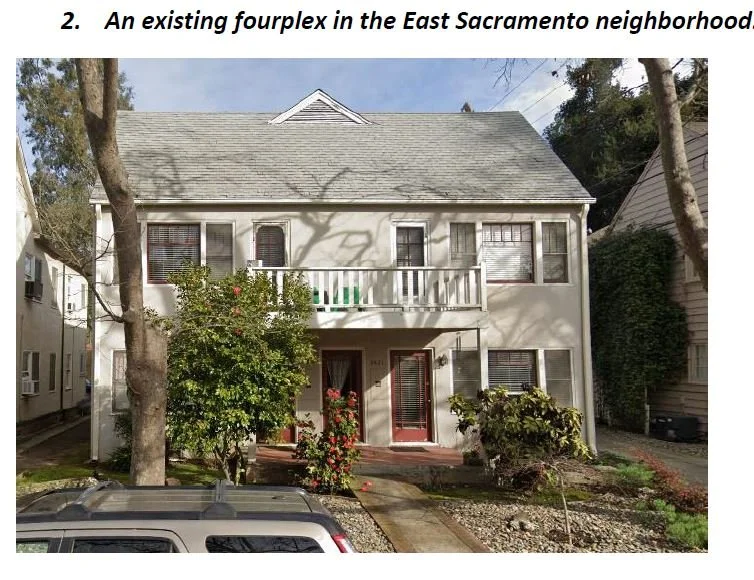Sacramento City Council to consider acknowledging tribal history before each meeting
Sacramento (Nov. 5, 2021) City Council meetings in Sacramento could soon start not only with the Pledge of Allegiance but also with a recitation honoring and acknowledging the tribes that were here first.
A proposal by the City Council’s new Racial Equity committee, co-chaired by Mayor Darrell Steinberg and Councilmember Mai Vang, would have the Council start each meeting with a “land acknowledgment.” The committee voted in October to make the recommendation. A date has not yet been set for the Council vote.
A land acknowledgment is a formal statement that recognizes the unique and enduring relationship that exists between Indigenous Peoples and their traditional territories. To recognize the land is an expression of gratitude and appreciation to those whose territory we reside on.
“This is really powerful, and just as we pledge allegiance to the flag before every full meeting, this should be at least equally important and a part of our tradition going forward,” Mayor Steinberg said at the Oct. 26 meeting of the Racial Equity Ad Hoc Committee, whose members voted to adopt a land acknowledgment before each meeting and recommend the Council do the same.
The Sacramento metropolis was built on the territory of the Nisenan, Southern Maidu, Valley and Plains Miwok, and Patwin Wintun peoples. The construction of the new City Hall unearthed artifacts and burials from a native village that once thrived along the Sacramento and American rivers.
“The reason why (land acknowledgments) are so important is that they are about the respect and recognizing the original people of this land,” said Jesus Tarango, Chairman of the Wilton Rancheria, speaking at the Oct. 26 Racial Equity Ad Hoc committee meeting. “It’s asking for the welcome to come onto our land, to come into our house.”
Both Mayor Steinberg and Councilmember Vang stressed that they don’t want the acknowledgment to become rote, and that having a public presentation and public record of the histories of area tribes and how their people have survived to persist as self-governed, sovereign nations in the Sacramento region will be an important step in helping educate the entire community.
“My people and thousands more in Sacramento have survived and thrived despite what you can only describe as genocide,” Tarango said at a recent meeting in which the Council honored Indigenous People’s Day. “Boarding school trauma, forced removal, relocation, termination— and here we stand.”




